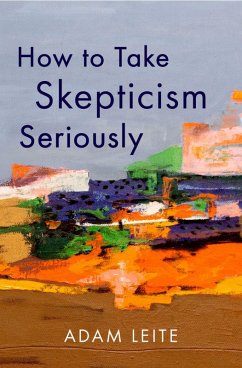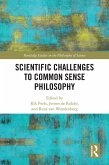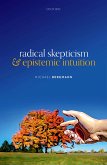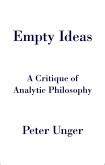Ever since Descartes' Meditations on First Philosophy, epistemology has been haunted by external world skepticism, the view that no one knows or even has reason to believe anything about the world around us. Generations of epistemologists have responded by attempting to develop theories about the nature of knowledge and our epistemological relation to the world. How to Take Skepticism Seriously resolutely takes a different tack. A tradition of twentieth century philosophy, initiated by G. E. Moore and including J. L. Austin, maintained that at least some central philosophical problems can be satisfactorily resolved without the development of philosophical theory: the materials already present in ordinary life are enough. Following their lead, Adam Leite argues that skepticism is false, and that it is false for straightforward reasons that we can all appreciate when we reflectively work from within our everyday practices, procedures, and commitments. He thus offers a resolution to a problem that has plagued philosophy for centuries, implements and defends a neglected methodological approach, and elucidates the tradition of Moore and Austin. To make the case, prominent contemporary work and central epistemological issues are addressed, including epistemic circularity, epistemic asymmetry, epistemic priority relations, regress problems, closure and transmission principles, and the epistemological significance of perception. What emerges is a shift in our understanding of what philosophical illumination might look like in relation to core epistemological issues.
Dieser Download kann aus rechtlichen Gründen nur mit Rechnungsadresse in A, B, BG, CY, CZ, D, DK, EW, E, FIN, F, GR, HR, H, IRL, I, LT, L, LR, M, NL, PL, P, R, S, SLO, SK ausgeliefert werden.









